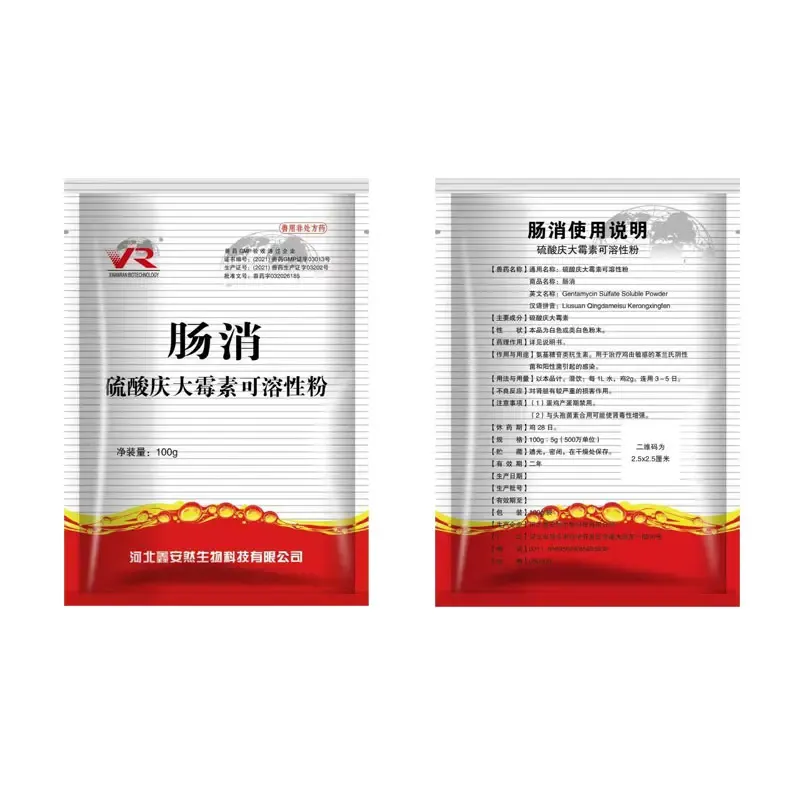- Afrikaans
- Albanian
- Amharic
- Arabic
- Armenian
- Azerbaijani
- Basque
- Belarusian
- Bengali
- Bosnian
- Bulgarian
- Catalan
- Cebuano
- Corsican
- Croatian
- Czech
- Danish
- Dutch
- English
- Esperanto
- Estonian
- Finnish
- French
- Frisian
- Galician
- Georgian
- German
- Greek
- Gujarati
- Haitian Creole
- hausa
- hawaiian
- Hebrew
- Hindi
- Miao
- Hungarian
- Icelandic
- igbo
- Indonesian
- irish
- Italian
- Japanese
- Javanese
- Kannada
- kazakh
- Khmer
- Rwandese
- Korean
- Kurdish
- Kyrgyz
- Lao
- Latin
- Latvian
- Lithuanian
- Luxembourgish
- Macedonian
- Malgashi
- Malay
- Malayalam
- Maltese
- Maori
- Marathi
- Mongolian
- Myanmar
- Nepali
- Norwegian
- Norwegian
- Occitan
- Pashto
- Persian
- Polish
- Portuguese
- Punjabi
- Romanian
- Russian
- Samoan
- Scottish Gaelic
- Serbian
- Sesotho
- Shona
- Sindhi
- Sinhala
- Slovak
- Slovenian
- Somali
- Spanish
- Sundanese
- Swahili
- Swedish
- Tagalog
- Tajik
- Tamil
- Tatar
- Telugu
- Thai
- Turkish
- Turkmen
- Ukrainian
- Urdu
- Uighur
- Uzbek
- Vietnamese
- Welsh
- Bantu
- Yiddish
- Yoruba
- Zulu
11-р сар . 27, 2024 21:28 Back to list
Top Effective Antibiotics for Treating Horses' Infections and Health Issues
Understanding the Best Antibiotic Options for Horses
When it comes to equine health, the choice of antibiotic can be crucial in addressing infections and ensuring a swift recovery. Horses, like any other animals, can suffer from various bacterial infections that necessitate treatment. However, the best antibiotic for horses depends on several factors, including the type of infection, the horse's health status, and the veterinarian's recommendations.
Common Infectious Conditions in Horses
Horses are susceptible to a variety of infections, including but not limited to respiratory infections, wound infections, and gastrointestinal infections. Some of the most common conditions requiring antibiotic therapy include
1. Pneumonia Upper respiratory infections can escalate into pneumonia, particularly in young, old, or immunocompromised horses. 2. Wound Infections Horses often sustain injuries from living in pastures or during exercise, leading to potential infections that require prompt treatment. 3. Colitis In some cases, horses suffer from gastrointestinal infections that can lead to serious conditions such as colitis.
Types of Antibiotics Commonly Used
Veterinarians have a range of antibiotics at their disposal, and the choice largely depends on the specific bacteria causing the infection. Some commonly used antibiotics in equine medicine include
1. Penicillin Often first-line treatment for various infections, penicillin is effective against a broad spectrum of bacteria. It is particularly useful in treating skin and soft tissue infections.
2. Ceftiofur This broad-spectrum cephalosporin antibiotic is commonly used in horses for respiratory and other systemic infections. It can be administered both intravenously and intramuscularly.
3. Gentamicin An aminoglycoside antibiotic effective against gram-negative bacteria, gentamicin is often used for severe infections and can be given intravenously.
what is the best antibiotic for horses

4. Oxytetracycline Known for its broad-spectrum activity, oxytetracycline is suitable for various infections but is particularly noted for treating respiratory infections and equine ehrlichiosis.
5. Sulfonamides This class of antibiotics can be effective for a range of infections and is also used to prevent infections in certain situations.
Factors Influencing Antibiotic Choice
Selecting the appropriate antibiotic requires a thorough understanding of the underlying infection and its causative agent. Veterinarians often perform culture and sensitivity tests to identify the bacteria and determine which antibiotics are most effective.
Moreover, considerations such as the horse's age, weight, kidney function, and potential drug interactions play a role in determining the best course of treatment. For instance, in horses with compromised liver or kidney function, certain antibiotics may be less effective or could exacerbate existing health conditions.
The Importance of Veterinary Guidance
It's essential to emphasize that antibiotic use in horses should always be guided by a veterinarian. Self-treating or using leftover medications without professional advice can lead to ineffective treatment, prolonged illness, or even resistance to antibiotics. Overuse of antibiotics can contribute to antibiotic resistance, which is a growing concern in both veterinary and human medicine.
Conclusion
While there isn’t an absolute “best” antibiotic for horses, the effective treatment of bacterial infections relies on careful diagnosis and appropriate antibiotic selection. Common antibiotics like penicillin, ceftiofur, and gentamicin have proven to be effective in treating various infections, but their use must be tailored to individual cases. Consulting with a veterinarian ensures that horses receive the most suitable and effective treatment, promoting a speedy recovery and returning to health. In sum, maintaining an open line of communication with equine healthcare providers is critical to safeguarding the well-being of these majestic animals.
-
Guide to Oxytetracycline Injection
NewsMar.27,2025
-
Guide to Colistin Sulphate
NewsMar.27,2025
-
Gentamicin Sulfate: Uses, Price, And Key Information
NewsMar.27,2025
-
Enrofloxacin Injection: Uses, Price, And Supplier Information
NewsMar.27,2025
-
Dexamethasone Sodium Phosphate Injection: Uses, Price, And Key Information
NewsMar.27,2025
-
Albendazole Tablet: Uses, Dosage, Cost, And Key Information
NewsMar.27,2025













